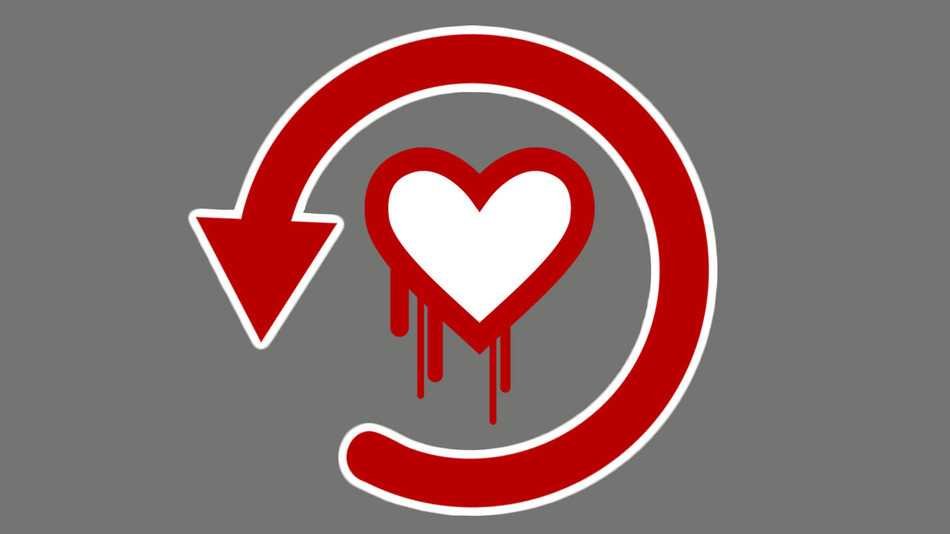Again phishing sites; The heartbleed bug – η ευπάθεια της OpenSSL που εκθέτει τα ιδιωτικά κλειδιά, κωδικούς πρόσβασης και άλλα στοιχεία των περισσότερων χρηστών του Διαδικτύου – έχει κάνει πολλά πρωτοσέλιδα τις τελευταίες ημέρες. Έτσι ήταν πολύ φυσικό να προσελκύσει και την προσοχή των εγκληματιών του κυβερνοχώρου.
The first to warn about new phishing scams using Heartbleed was Australian security expert Troy Hunt. Παρακάτω είναι το πρώτο tweet-προnotice.
[tweet_embed id = 454199866588028928]
Η SANS Institute of Rob VandenBrink he also reported that he has already received fakes messages email requesting password change. The notifications contain links to malware or phishing websites.
So, because you are a reader of iGuRu.gr we should not mention how careful we should be when we receive email from services we do not use, or even from what we use.
From doing click σε έναν σύνδεσμο που περιέχεται στο email, είναι πολύ καλύτερα να ανοίξουμε την ιστοσελίδα σε ένα ξεχωριστό tab του browser που χρησιμοποιούμε και να πληκτρολογήσουμε μόνοι μας τη διεύθυνση. Μπορεί να σας φαίνεται κουραστικό, αλλά δεν εγγυμονεί κινδύνους. Αν θέλουμε να αλλάξουμε κωδικό στο gmail μας, πληκτρολογούμε gmail.com και σίγουρα είναι πολύ πιο ασφαλές.
It would be good to panic to think a little logically. Changing passwords to services that are still vulnerable is useless. You should wait and before changing your password to make sure the site has repaired the version of OpenSSL it is using.
To identify any vulnerabilities in webpages you use, you can use the LastPass tool, Heartbleed checker.






